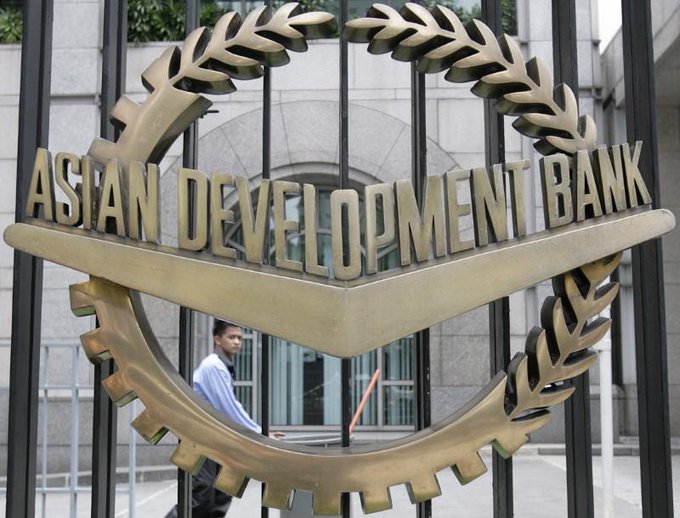ADB Approves $1 Million Grant to Build Disease Resilient and Energy Efficient Centralized Air-Conditioning Systems
The Asian Development Bank (ADB) has approved a $1 million knowledge and support technical assistance project to deploy smart, energy efficient, and disease resilient centralized air-conditioning (CAC) systems in its developing member countries (DMCs). This will help to improve energy efficiency and mitigate the risks of the coronavirus disease (COVID-19) pandemic and other airborne viruses in public buildings.
Studies suggest that viruses such as the one causing COVID-19 can survive in the air for several hours, and droplet transmission can be prompted by air-conditioned ventilation while standard CAC systems are not effective in filtering viruses and other pathogens.
Additionally, up to 50% of the energy consumed in public buildings in developing Asian cities is used by inefficient CACs, which are often old and not regularly maintained. CACs also rely heavily on hydrofluorocarbons, a greenhouse gas potentially thousands of times more potent than carbon dioxide.
ADB’s project will focus on proper design and operation of CAC systems to prevent virus transmission through advanced solutions and technologies such as high-efficiency particulate filtration, proper humidification, and ultraviolet air purification to reduce airborne contaminants. These technologies will be integrated with smart digital control systems to reduce energy consumption and disease transmission risks associated with operating CAC systems. Studies suggest that technology can help to reduce the energy consumption of air conditioners by up to 45%.
“While the threat of climate change has been clear for some time, humanity has also had to confront a once-in-a-century pandemic this year,” said ADB Energy Sector Group Chief Yongping Zhai. “Improving resilience to diseases and mitigating climate change are priorities for our developing members. This project will help address both health- and climate-related concerns associated with air-conditioning systems in public buildings and help to make cities more livable.”
The project will also improve knowledge and build capacity among ADB’s developing members on energy efficiency and virus transmission risk of CACs in typical public buildings, and pilot smart digital technologies in CACs in selected developing members.
The project will be financed by the High-Level Technology Fund and the Clean Energy Fund under the Clean Energy Financing Partnership Facility, both of which will each provide a $500,000 grant.
The project complements ADB’s $20 billion assistance announced on 13 April to help its developing members manage the COVID-19 pandemic and the bank’s climate change mitigation programs. ADB is targeting $80 billion in cumulative climate financing from its own resources by 2030 and for at least 75% of its country operations to feature climate adaptation and mitigation initiatives.
ADB is committed to achieving a prosperous, inclusive, resilient, and sustainable Asia and the Pacific, while sustaining its efforts to eradicate extreme poverty. Established in 1966, it is owned by 68 members—49 from the region.

